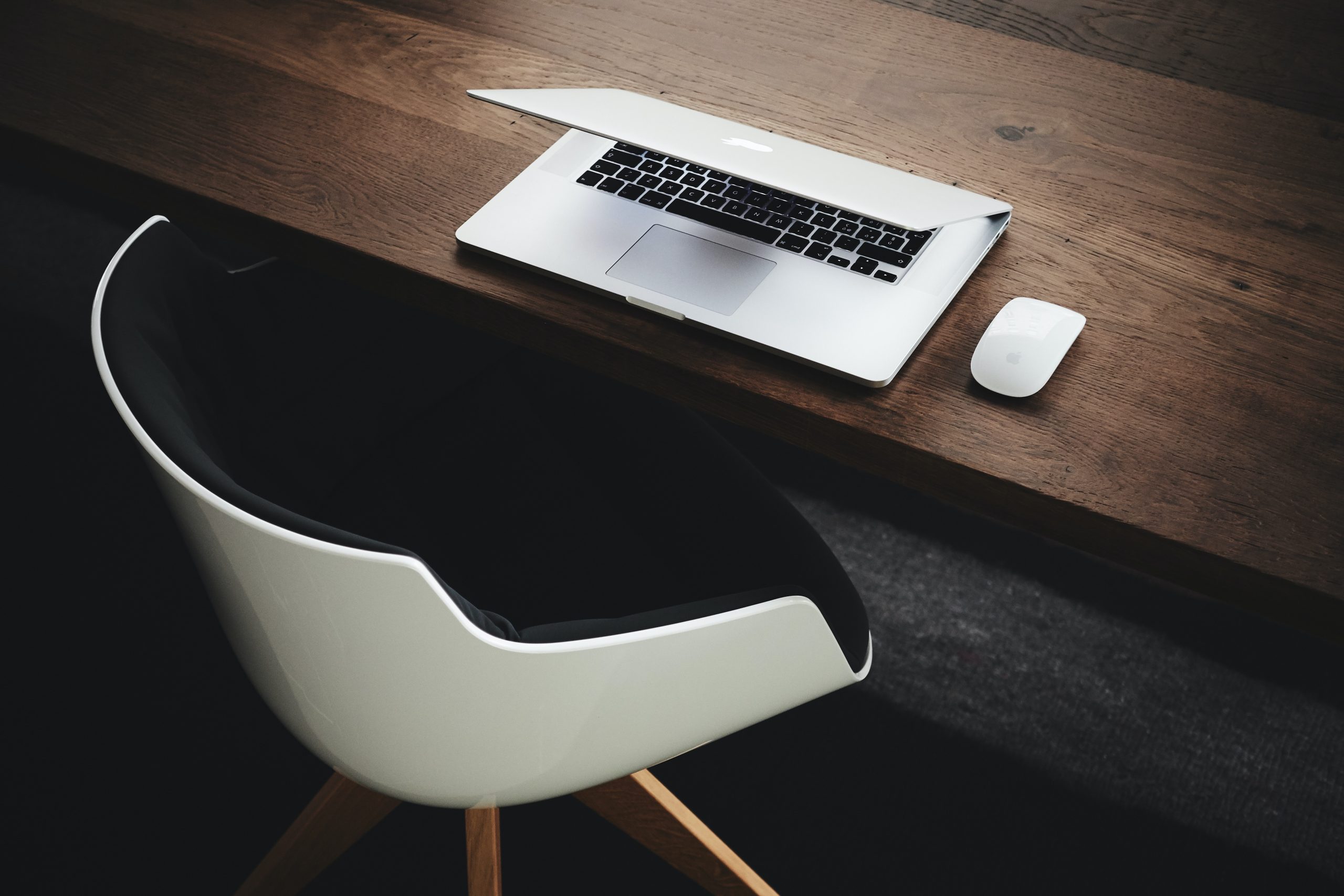Samsung Galaxy Book 4 Ultra
pros and cons
ZDNET’s buying advice
On the tail end of spring-season laptop releases, Samsung’s Galaxy Book 4 Ultra shines with one of the best displays on the market — now available with touchscreen support, performance configuration options that should satisfy content creators, work users, and even gamers, and battery life that will impress everyone.
The Ultra laptop still suffers from similar setbacks as its predecessor, which I tested last year, including the large, physical trackpad that either doesn’t register taps at times or becomes too sensitive to inputs (the duality of this trackpad is quite baffling, I know), the lack of a full-size SD card slot, and a few too many Samsung-owned apps (read: bloatware, if you’re not a Samsung user) and ad pop-ups that shouldn’t be a talking point at this price.
You can expect to pay between $2,400 to $3,000 for the Galaxy Book 4 Ultra, which is a big ask, but the performance and hardware package you’re getting in return justifies the price point. My buying advice is to wait for one of Samsung’s sales events (usually during major holidays) and take advantage of its trade-in program, which can deduct up to $600 more. Case in point: you can pick up the highest configuration, which comes with an Intel Core Ultra 9, Nvidia GeForce RTX 4070, and 32GB of RAM, for $500 off at the time of writing.
Specifications
Display
16-inch 3K AMOLED (2,800 x 1,800, 16:10) with 120Hz, 400 nits
Weight
4.1 pounds
Processor
Intel Core Ultra 7 155H, Intel Core Ultra 9 185H
Graphics
Nvidia GeForce RTX 4050, Nvidia GeForce RTX 4070
RAM/Storage
16GB or 32GB with 1TB PCIe 4.0 SSD
Battery
76Wh (up to 21 hours)
Ports
2x Thunderbolt 4, 1x HDMI 2.1, 1x USB-A 3.2, 1x MicroSD slot, 3.5m headphone jack
Price
Starting at $2,399
How I tested the Samsung Galaxy Book 4 Ultra
I’ve used the Samsung Galaxy Book 4 Ultra as my daily driver for the past two weeks. My normal usage includes browsing the web, answering emails, writing articles like this, watching videos on YouTube and Netflix, and editing photos and videos for work and leisure.
The Samsung Galaxy Book 4 Ultra comes in a new Moonstone Gray color that looks very similar to last year’s Graphite.
Kerry Wan/ZDNET
Most of the time, the laptop is either hooked to an external monitor (meaning I try to run as many windows of apps and services at the same time as possible) or used in tandem with my Samsung Galaxy S24 Ultra with the help of Quick Share and Second Screen. Both cross-platform features worked very smoothly, though they’re mainly compatible with Samsung devices and Samsung devices only.
For performance testing, I ran Cinebench 2024 to calculate the single, multi, and GPU scores of the laptop, while also taking notes on day-to-day aspects like fan speed and loudness, system temperature, frame rate drops, and more.
What are the Samsung Galaxy Book 4 Ultra’s best features?
Big, touchscreen, OLED display: Need I say more? When I reviewed last year’s Galaxy Book 3 Ultra, I mentioned that “a display that is both touchscreen-enabled and glossy is a recipe for a visual disaster.” With the Galaxy Book 4 Ultra, Samsung basically said “Hold my OLED,” and gave its 16-inch display touchscreen support and a new anti-reflective cover glass. These two features make interacting with a laptop this powerful one of the most intuitive, visually satisfying experiences I’ve tested.
Also: I tested Dell’s most underrated laptop and it has clever features at an accessible price
Stretching out an image in order to erase blemishes in Photoshop just hits different when you can pinch-zoom with your fingers. (Now if only Samsung can add S Pen support.) While the Galaxy Book’s new display is not as anti-glare as say, Samsung’s S95D TV or Galaxy S24 Ultra, I’ve had no problem using it beside the biggest window at ZDNET’s New York office. Mind you we’re situated on the highest floor of the building, so sunlight is the second most prevalent thing after awkward elevator rides.
Spacious keyboard with surprising tactility: I’m not as passionate about keyboards as my ZDNET colleague Cesar Cadenas, but I type enough every day to have a feel for what’s good and what’s not. That’s to say I rate the Galaxy Book 4 Ultra keyboard a 7/10; it’s spacious, with a full-on number pad for the data crunchers, a dedicated Copilot key for quick access to the Windows AI assistant, and quiet yet tactile feedback on each key that invites you to keep typing and typing.
The keys are evenly spaced, with a number pad, a Copilot key, and a power button that doubles as a fingerprint sensor.
Kerry Wan/ZDNET
The one quirk with the laptop is that it takes a worrying amount of time to boot up. I often found myself staring blankly at the screen after pressing and holding the power button, only for the Samsung logo to appear right as I was prepared to search for a charger.
No, seriously; the charger, which only fields one USB-C port, is massive.
Kerry Wan/ZDNET
Battery life that lasts and lasts: That is my flawless segue into charging and battery life, two other aspects I’m a big fan of with the Galaxy Book 4 Ultra. Save for the unwieldy, cheese-slice-sized charger that comes in the box, there’s not much for me to complain about when it comes to powering the laptop and its endurance.
Also: I tested LG’s 17-inch Gram Pro and it’s the big-screen, lightweight laptop to beat
On average, I got roughly ten hours of usage before needing to top up the device. That’s impressive for a 16-inch, 3K OLED laptop that’s powered by a discrete graphics card. When I did need to charge, the proprietary power brick gave the Galaxy Book a 55% charge after 30 minutes.
Intel Core Ultra and discrete GPU make all the difference: You’re not wrong to chalk up the improved efficiency of the Galaxy Book to the new Intel Core Ultra 7 or 9 chips powering the unit. I’d do the same. When you combine the backend capabilities of Intel’s NPU with a discrete Nvidia GeForce 4050/4070 GPU that’s no longer the newest on the market but still great, you get a system that runs most apps and services fluidly, including Adobe Premiere Pro, Lightroom, and gaming on Steam.
Here are the Cinebench scores, compared to competing laptops, for reference. While the Galaxy Book 4 Ultra’s scores won’t set any records, they’re in line with the industry standard and competitive with Apple’s flagship MacBook, which is great to see.
Cinebench 2024
Samsung Galaxy Book 4 Ultra (RTX 4070)
Apple MacBook Pro 16 (M3 Pro)
Dell XPS 16 (2024)
CPU (Single)
105
142
103
CPU (Multi)
965
1,035
976
GPU
8,135
6,604
10,264
What I’d like to see in the next model
Less bloatware and ads, more features for everyone: For a near-$3,000 laptop, the amount of pre-installed apps, pop-up ads to download McAfee’s antivirus service, and Samsung-exclusive features lessens what would otherwise be a premium user experience. Such things are common on cheaper laptops because they allow manufacturers to offload much of the retail cost. In Samsung’s case, it’s charging more for a laptop that’s not shy about selling you services you may or may not need. That’s a no-no for me.
Also: The best laptops of 2024: Expert tested and reviewed
A smaller haptic trackpad: If I could fix anything hardware-related, it would be the trackpad. While the abnormally large trackpad on the Galaxy Book 4 Ultra is useful in theory, the off-centered placement of it meant I’d frequently move the mouse or, worse yet, register a click when my palm was simply resting down.
The trackpad is also a physical one, meaning it presses down instead of mimicking the feel of it via haptic motors like on the MacBook Pro and Dell XPS. As a result, when I did want to click, drag, or tap on something, I had to find the “sweet spot” on the trackpad to register it properly. Otherwise, pressing too close to the corners and edges would oftentimes not register anything at all.
Final thought
While it’s easy to recommend the Samsung Galaxy Book 4 Ultra as the “MacBook Pro for Samsung users,” several upgrades this year, including the Intel Core Ultra chip for AI applications, touchscreen display, and improved battery life, make the laptop a formidable pickup for just about every Windows user. Just note that if you’re a content creator who relies on full-sized SD cards to transfer photos and videos, you’ll want to pick up a dongle or docking station to work with the Galaxy Book. There’s also no charging port on the laptop’s right side, so you’ll want to think twice when situating near an outlet.
Alternatives to consider
View at HpView at LgView at Apple









